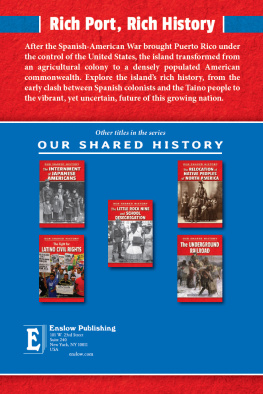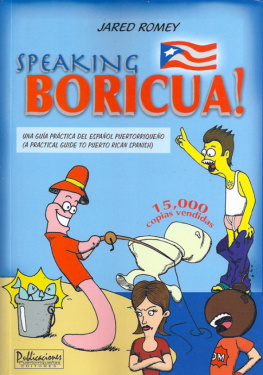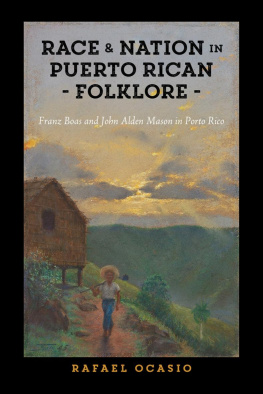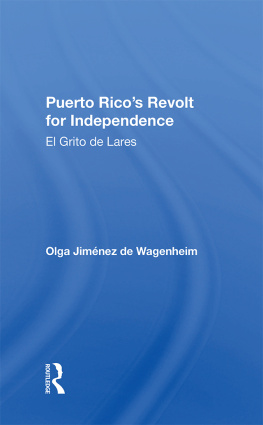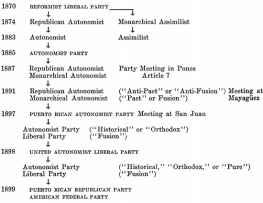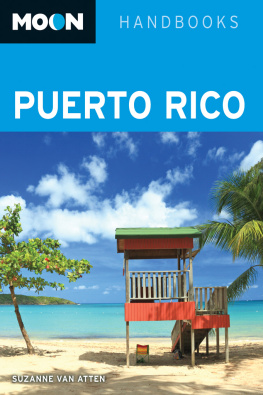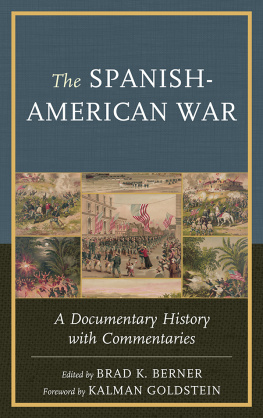Reinaldo L. Román - Governing Spirits: Religion, Miracles, and Spectacles in Cuba and Puerto Rico, 1898-1956
Here you can read online Reinaldo L. Román - Governing Spirits: Religion, Miracles, and Spectacles in Cuba and Puerto Rico, 1898-1956 full text of the book (entire story) in english for free. Download pdf and epub, get meaning, cover and reviews about this ebook. year: 2007, publisher: University of North Carolina Press, genre: Politics. Description of the work, (preface) as well as reviews are available. Best literature library LitArk.com created for fans of good reading and offers a wide selection of genres:
Romance novel
Science fiction
Adventure
Detective
Science
History
Home and family
Prose
Art
Politics
Computer
Non-fiction
Religion
Business
Children
Humor
Choose a favorite category and find really read worthwhile books. Enjoy immersion in the world of imagination, feel the emotions of the characters or learn something new for yourself, make an fascinating discovery.

- Book:Governing Spirits: Religion, Miracles, and Spectacles in Cuba and Puerto Rico, 1898-1956
- Author:
- Publisher:University of North Carolina Press
- Genre:
- Year:2007
- Rating:4 / 5
- Favourites:Add to favourites
- Your mark:
Governing Spirits: Religion, Miracles, and Spectacles in Cuba and Puerto Rico, 1898-1956: summary, description and annotation
We offer to read an annotation, description, summary or preface (depends on what the author of the book "Governing Spirits: Religion, Miracles, and Spectacles in Cuba and Puerto Rico, 1898-1956" wrote himself). If you haven't found the necessary information about the book — write in the comments, we will try to find it.
Spiritism, Santeria, and other African-derived traditions were typically characterized in sensational fashion by the popular press as a plague of superstition. Examining seven episodes between 1898 and the Cuban Revolution when the public demanded official actions against misbelief, Roman finds that when outbreaks of superstition were debated, matters of citizenship were usually at stake. He links the circulation of spectacular charges of witchcraft and miracle-making to anxieties surrounding newly expanded citizenries that included people of color. Governing Spirits also contributes to the understanding of vernacular religions by moving beyond questions of national or traditional origins to illuminate how boundaries among hybrid practices evolved in a process of historical contingencies.
Reinaldo L. Román: author's other books
Who wrote Governing Spirits: Religion, Miracles, and Spectacles in Cuba and Puerto Rico, 1898-1956? Find out the surname, the name of the author of the book and a list of all author's works by series.


